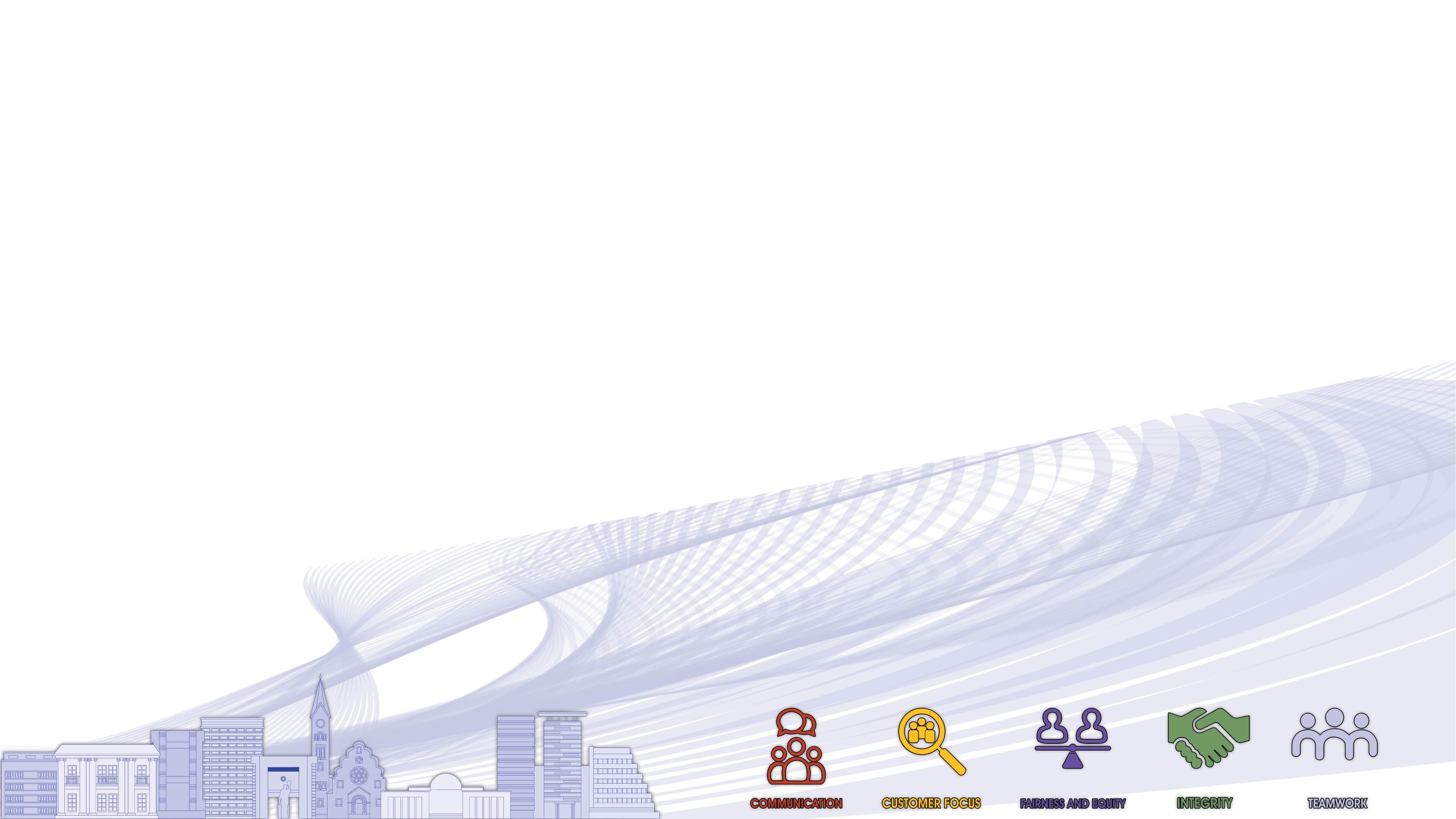• Don’t flush the toilet unnecessarily and use toilet paper as much as possible.
• Plant water-wise indigenous plants in your garden.
• Water gardens only in the early morning or in the evening and only when necessary.
• Install garden drip irrigation on flower beds and sprayers on lawns.
• Collect rainwater to use on your garden or for washing your car.
• Use a broom to cleaning driveways or patios instead of a hosepipe.
• Insulate hot water pipes so that not too much water is wasted when waiting for water to get hot once you’ve opened your hot
water taps.
• Cover your swimming pool to reduce water evaporation.
• Stop the leakage of water from taps. Up to 30 litres of water can be wasted over a 24 hour period by a slow dripping tap.
• Use the minimum amount of water needed when bathing.
• Don’t waste dirty water. It can be used to water your plants.
• Wash vegetables and fruits in a bowl instead of washing them under a running tap.
• Don’t leave the tap open while brushing your teeth or shaving.
• Wash clothes only when there is a full load.
• Consider using a car duster to remove dust instead of pressure hose.
• Avoid installing fountains and other ornamental water features in your garden.
• Use a broom instead of sprinklers to clean your sidewalks and streets.
• Use the drip irrigation method for irrigation purposes.
• Teach your children to close taps tightly after each use.
• One leaking tap can waste more than 2,000 litres of water a month.
• The tastiest and most water efficient methods for cooking vegetables is steaming or using a pressure cooker. You can also cut
down on water loss by using tight fitting lids on pots and to simmer food instead of rapid boiling.
• Put the plug in the sink when washing your hands instead of holding them under running water.
• Keep a container of water in the fridge so that you won’t need to let tap water run until it’s cool enough to drink.
• Rinsing your dishes in a plugged sink rather than under a running tap saves water and is just as easy and effective.
• A bath uses an average of 160 litres of water; a five-minute shower uses 60 litres. Shower rather than bathing, but if you have
to bath, run a smaller bath or share your bath water.
Contact Number
Number
061 290 3777
Email Address
enquiry@windhoekcc.org.na
